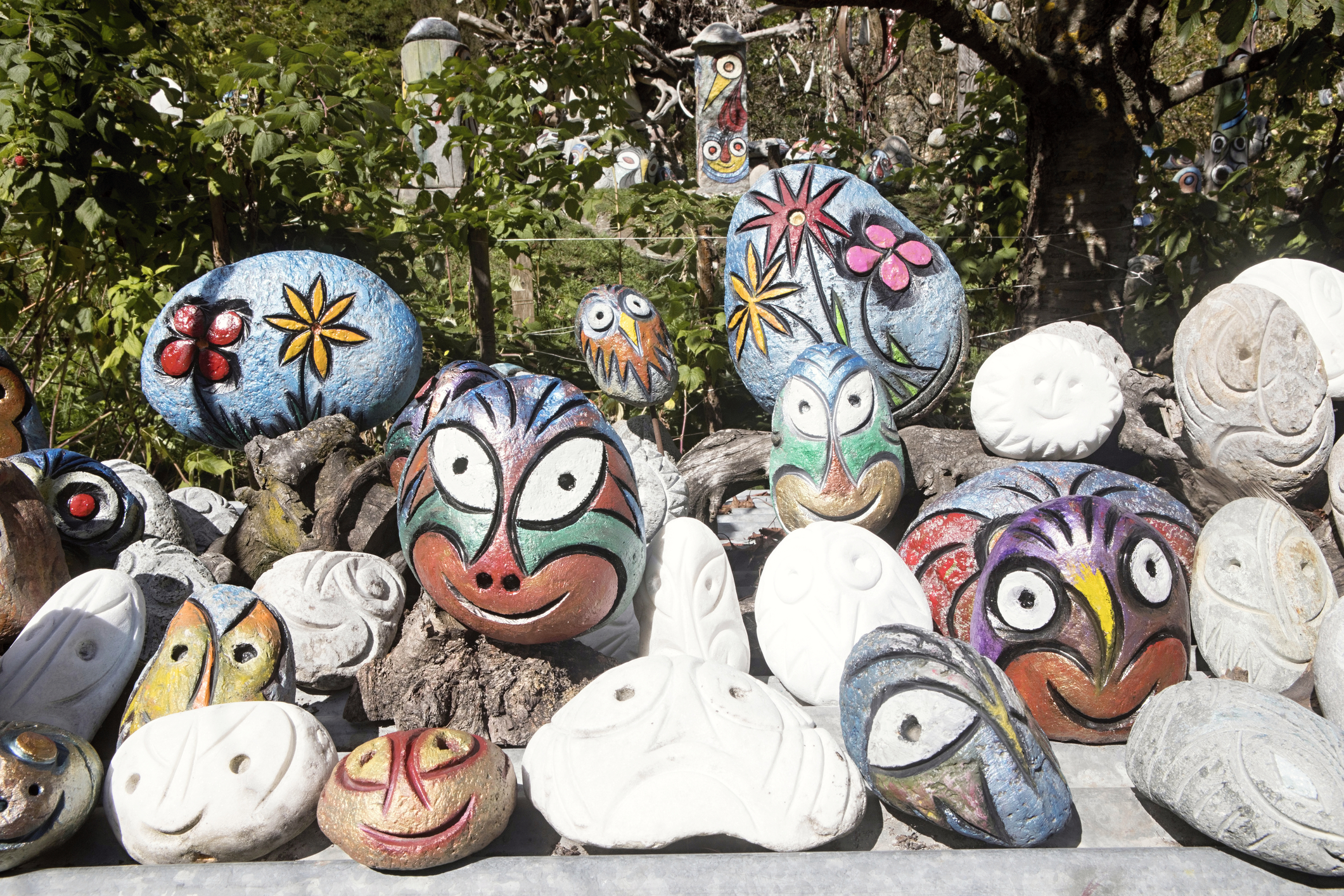This post is part of the series Substances
People see psychiatrists because they are struggling emotionally and mentally. Their lives feel overwhelming and out of control. So it is perhaps not surprising that I have to talk about alcohol with most of my new patients.
I do not mean that all my patients are addicted to alcohol – that is, they don’t compulsively need to drink or have withdrawal symptoms when they try to stop (although a small percentage are struggling with full blown addiction). Most aren’t even abusing alcohol. They are not driving drunk, or getting belligerent when drunk, or having memory gaps when drinking (although these are warning signs of a bigger problem than perhaps acknowledged). However, most are drinking more than they mean to, and this is having effects on their energy, sleep quality and mood.
It is usually an insidious process. We should intuitively know what “moderation” is, but with alcohol use, the idea of moderation varies according to where we are in our lives. When we need a few drinks to unwind after hectic days, when our job entails wining and dining clients, or when our team makes it to the finals, we tend to move the goal posts of moderation.
The definition of moderation also varies according to where one is in the world. Official guidelines (which I often treat with suspicion, due to the sketchy science behind them) vary considerably across the globe. On average it seems as if most countries recommend two units a day for men, one unit a day for women; no more than three consecutive days a week. This is much less than people expect (a unit of alcohol is 10g of alcohol, so 2 units is about 500ml 4% beer or a bit less than a 175ml glass of 12% wine). When Great Britain came in line with these recommendations in 2016, it caused a great furore, with outcries that it was designed to “attack pub culture.”
The range in recommendations through the world is huge. In a show of machismo, Spain believes its men can safely tolerate 35 units a week until 65 years of age, and then they must cut down to 14 units a week. Spanish women should keep to 14 units per week. The usually liberal Dutch advice is not to drink at all, but if you must drink, only 1 unit a day. Right next door the Belgians feel that mussels and beer wouldn’t be the same without the beer and recommends 21 units a week for men and 14 units a week for women. The French simply refuse to give official guidelines.
We can’t look to the medical fraternity for guidance. Most doctors recommend the ever ambiguous moderation as the key. There is even some evidence that low alcohol use can be potentially beneficial with increased longevity, decreased diabetes risk, decreased risk for dementia and lower cardiovascular illnesses. There is no doubt that excessive alcohol use adversely affects every system in the body. Liver cirrhosis, pancreatitis, dementia, various cancers (alcohol is a proven carcinogen), and fertility problems, to name but a few. There are also societal problems of drunk driving, risk taking behaviours, family abuse and children being born with Fetal Alcohol Syndrome.
Since we can’t trust official guidelines and the concept of moderation is driven by society and our cravings, it seems prudent that we should each try to cultivate personal rules guided by self-awareness. In that way, we can be conscious of how much we drink and how it makes us feel. When you drink, take note and ask yourself why: as a habit? To celebrate? To relax? To enhance food? How easy is it to take a break? Then make your own drinking “rules”, like “I will only drink when I dine out,” or “I won’t drink before the kids have gone to bed.” Periodically, you may find that you break your own rules. That is the nature of alcohol use. That’s fine, but the trick is to be aware of it, abstain for a while, then recalibrate.
If abstaining proves harder than expected, maybe it’s time for some serious self-examination. Is this a more serious problem? Do you have a family history of alcoholism? Are you depressed? Do you need to reassess work or a relationship that is proving to be a drinking trigger? From my experience as a psychiatrist, I can advise you never to drink when you are upset or lonely. The urge is to numb out, but I find that it always makes things worse.
If we abstain for a while, we should feel the benefits of improved energy and quality of sleep. Our mood will be lighter, less irritable. It is well worthwhile to periodically challenge our alcohol consumption and reset to a more modest baseline.





2 Comments
Thank you for this post. As someone who does drink, I should be the last to take your side on this one but I do, particularly for us sufferers of mood disorders. Almost every other meeting of our bipolar group we have to explain that ours is a disorder of mood and that we are taking various medicines to stabilise that mood. Then some or most of us go ahead and pick up one or several alcoholic drinks and undo that balance. Alcohol is a depressive so it’s going to make any depressive symptoms worse. While alcohol may seem to loosen inhibitions, it doesn’t. It just inhibits the frontal brain to various degrees from suppressing urges from deeper structures that would have normally been kept in check. So what ever “Dutch”courage you derive is probably going to get you into “trouble”or at least a precarious situation. So in a nutshell if you are spending so much money and time on getting your mood disorder in check, why undo or compromise all that with alcohol?
It’s so true David. My patients with bipolar mood who have given up alcohol all tell me that their lives are much better without alcohol than with alcohol.